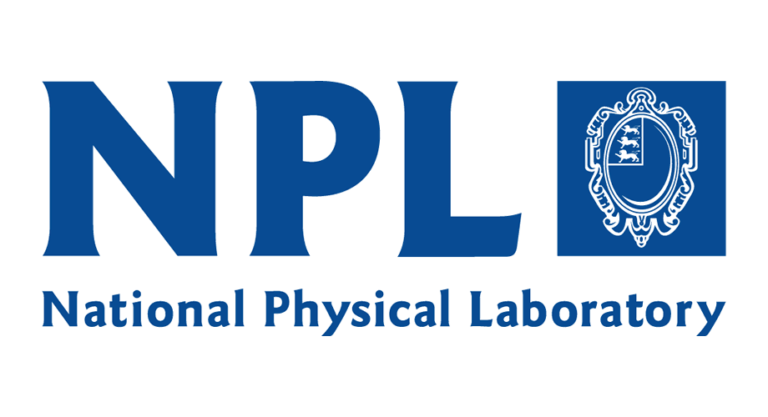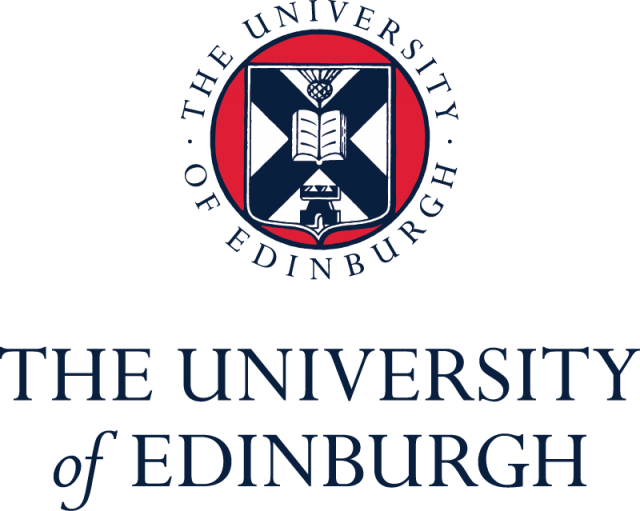Project Description
This project will develop new hybrid photonic devices using two emerging rapid prototyping techniques to translate breakthrough optical sensing techniques to practical field portable sensing systems. Ultrafast laser inscription exploits the incredibly high fields found when a train of femtosecond pulses is focused inside a transparent material to create permanent material modification. This allows the creation of buried structures such as waveguides or microchannels that can be “written” in three dimensions. Alongside this laser microfabrication facility, Fraunhofer have commissioned a micro-CNC precision mill that will allow us to create near-arbitrary microfeatures such as free form mirrors or channels in a multitude of materials. The student shall combine both techniques to create miniaturized sensor systems in novel combinations of materials. The project shall combine both microfabrication using advanced 3D printing style prototyping techniques, photonic design using waveguide modelling and optical ray tracing and device testing, taking devices developed in the project to the field. Devices to be designed, fabricated and tested include hybrid photonic grating stabilized laser systems for cold atom sensors – used in the next generation of inertial and gravity sensors and waveguide coupled microfluidics for high sensitivity and high throughput diagnostics combining multiple spectroscopic techniques on a single chip.
The first of the highly regarded Fraunhofer Research Centres to be based in the UK, Fraunhofer CAP specialises in undertaking applied R&D in a range of photonics themes. Based at the University of Strathclyde’s Technology and Innovation Centre in Glasgow city centre, Fraunhofer CAP’s main remit is to be a key partner to UK companies in the development of state-of-the-art products and processes that will enhance their competitiveness; beyond this we are proud that our work brings benefits to health, environment and society. We work across many sectors including wind energy, quantum technology, space, medical, security. We are a bright, engaging, welcoming, helpful and diverse team and want like-minded individuals who want to make a difference and really contribute.
The student shall be mainly working in Fraunhofer’s labs in the centre of Glasgow. Activities shall include optical and CAD design, operating laser inscription and CNC systems. Metrology and lab testing of fabricated devices. Testing components in real world environments. There will be opportunities to work with Fraunhofer’s collaborators and customers in multi-partner project teams. There will be opportunity to participate in workshops and demonstrations – exposing the student to a broad range of experiences. There will also be opportunity to present results at national and international conferences.
Fraunhofer CAP offers a competitive edge when it comes to further career progression through the following:
- Work in a world-class, well-funded and well-appointed research hub, within the innovation district of Glasgow City Centre
- Learn from a talented team of international colleagues – through interaction with other projects and students
- Opportunity to develop commercial skills – business development, innovation, leadership through exposure to commercial project partners and programmes
- Wider opportunities to travel and present your research activities
- Access to 1000s of training courses through Udemy – personal and professional development
- 31 days holiday and 11 public holidays.
We are committed to inclusion and widening access to the photonics sector. Please indicate if you are happy to have informal discussions with candidates about flexible research options, or if you have any options in place currently at your company that you would like to make candidates aware of in your advert, e.g., flexible working hours; working from home; part-time working
Fraunhofer UK Research Ltd are committed to equality, diversity and inclusion in the workplace. We would be happy to have informal discussions with candidates about flexible working options.
It must be noted that this is an experimental laboratory based research project, and therefore a commitment to on-site lab-work is essential.
CDT Essential Criteria
A Masters level degree (MPhys, MSc) at 2.1 or equivalent.
Desire to work collegiately, be involved in outreach, undertake taught and professional skills study.
Project Essential Criteria
Desire for hands-on laboratory based R&D, interest in computer control of instrumentation, interest in developing systems for field testing
Project Desirable Criteria
Basic optical design, computer literate with programming skills
The CDT
The CDT in Applied Photonics provides a supportive, collaborative environment which values inclusivity and is committed to creating and sustaining a positive and supportive environment for all our applicants, students, and staff. For further information, please see our ED&I statement: https://bit.ly/3gXrcwg.
Forming a supportive cohort is an important part of the programme and our students take part in various professional skills workshops, including Responsible Research and Innovation, and attend outreach training.









